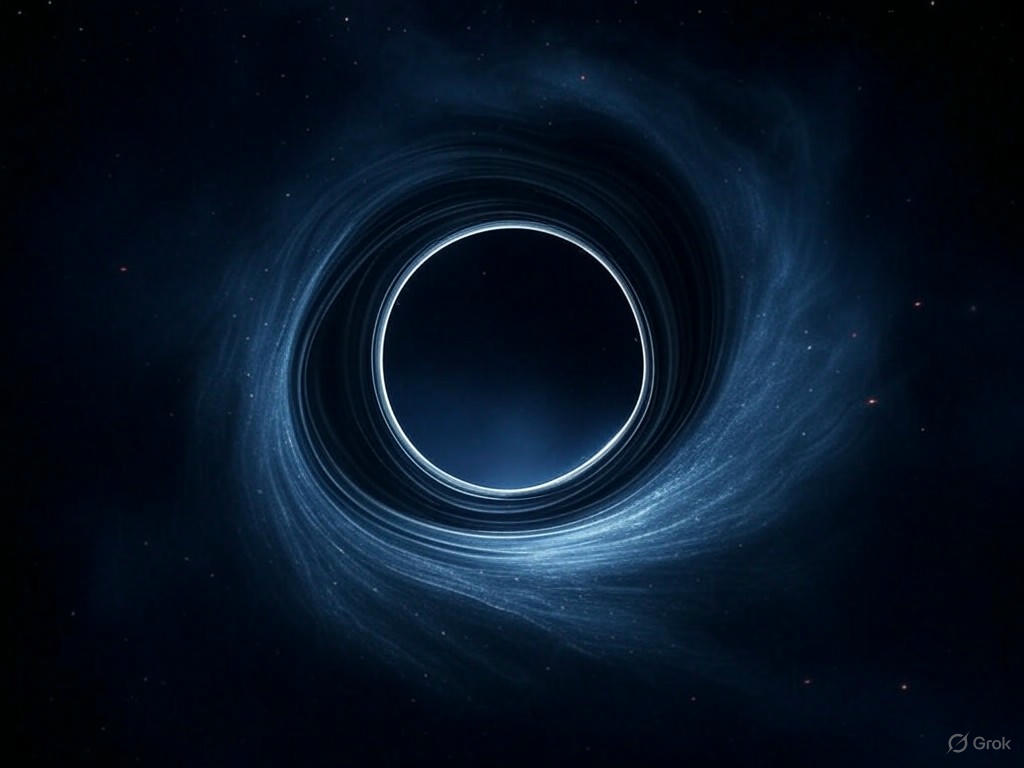The concept of the Big Bang as the ultimate starting point of the universe has long dominated scientific thought. However, a groundbreaking model proposed by astrophysicist Professor Enrique Gaztanaga challenges this foundational idea, suggesting that our universe might be part of an endless cosmic cycle tied to the enigmatic nature of black holes. This radical perspective shifts the narrative from a singular explosive beginning to a continuous process of creation and destruction, raising profound questions about the nature of time and existence.
Imagine a universe not born from a singular moment of nothingness but emerging from the remnants of a previous cosmic era. According to this new hypothesis, black holes—those mysterious regions of spacetime where gravity is so intense that nothing, not even light, can escape—could play a pivotal role in this cycle. Professor Gaztanaga and his team propose that when a universe reaches its end, it collapses into an immense black hole. Within this unfathomable density, the conditions might be ripe for a new universe to be born, expanding outward in a process akin to what we perceive as the Big Bang. This theory suggests that what we consider the ‘beginning’ is merely a transition, a rebirth from the ashes of a prior cosmos.
This idea is not just a whimsical thought experiment; it is grounded in complex mathematical models and observations of black hole behavior. The researchers argue that the extreme conditions inside a black hole could mirror the state of the universe at the moment of the Big Bang, with unimaginable heat and density setting the stage for new cosmic expansion. If true, this could redefine our understanding of time itself, transforming it from a linear progression into a cyclical phenomenon. Each cycle would carry faint echoes of its predecessor, potentially leaving traces in the cosmic microwave background or the distribution of galaxies—clues that scientists are now eager to investigate. The implications are staggering: our universe might not be the first, nor the last, but just one in an infinite series of cosmic rebirths.
As this theory gains traction, it invites both excitement and skepticism within the scientific community. While it offers a compelling alternative to the traditional Big Bang model, it also raises unanswered questions. How can we detect evidence of a previous universe? What triggers the transition from collapse to expansion? Future research, including advanced simulations and observations with next-generation telescopes, will be crucial in testing this hypothesis. For now, the notion of a black hole universe serves as a reminder of how much there still is to uncover about the cosmos. It challenges us to rethink our place in the grand scheme of existence, suggesting that the story of the universe is far from over—it may just be another chapter in an eternal saga.
